|
Hip, hip, hooray: today is World Turtle Day. I kid you not. And that got me thinking about how the coronavirus pandemic has affected the relationship between people and animals. This is the time of year that Canadians usually emerge from their domestic hibernation and venture back into nature. Not so much this year. Social isolation for humans has resulted in animals reclaiming some real estate. You’ve maybe seen the lovely pictures of deer under the cherry trees in a park in Osaka, Japan that is usually full of tourists. The New York Times reported on Toronto’s obsession with a family of foxes that was living under a boardwalk on the city’s waterfront. (Not sure if the Times will provide an update on a not-so-happy
development of that story.) As for turtles, I’m sure they’re not missing anyone who would normally be invading lakes and wetlands at this time of year. We’ve published some great stories from turtle researchers, including an amazing piece on the illegal turtle trade and another on why size matters when it comes to turtles and sex. So to celebrate World Turtle Day, I’ve assembled a collection of
some of the most popular articles from The Conversation global network about animals, insects and other fauna.
Have a great weekend and we’ll be back in your Inbox on Monday.
|
Your Weekend Reads: Turtles, hornets, bats and vampire fish
|
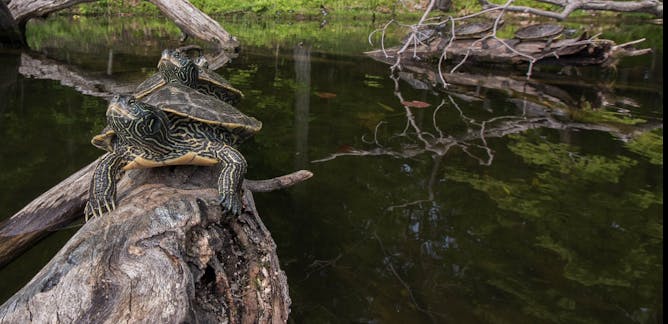
Grégory Bulté, Carleton University
New technologies are revealing more about the secret lives of underwater turtles. Using underwater cameras and 3D printing, researchers are learning more than ever before.
| |
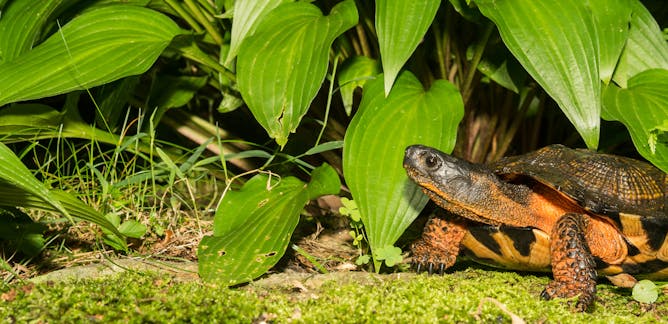
Jacqueline Litzgus, Laurentian University
Poachers are bringing some turtle populations to the edge of extinction.
|
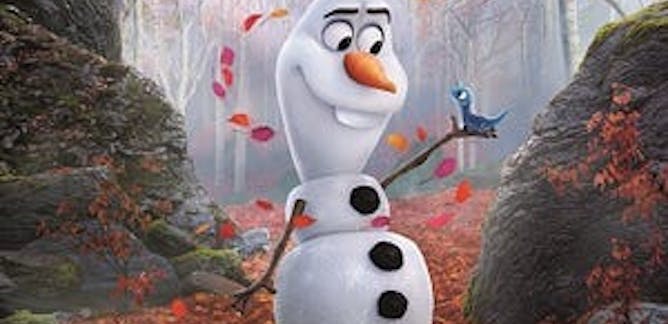
Jacqueline Litzgus, Laurentian University
Crisp temperatures, ice-capped ponds and frozen landscapes send animals scurrying for cover. But just what do turtles do when winter takes hold?
| |
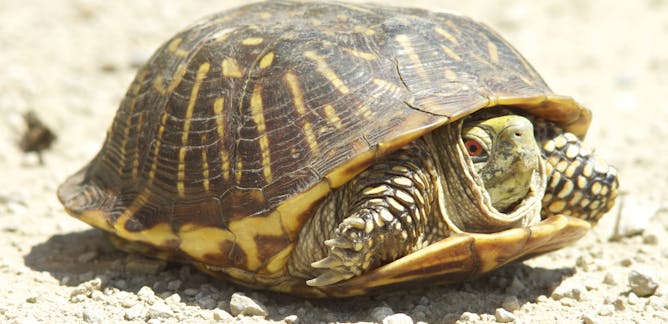
Gareth Dyke, University of Southampton
A lack of fossils has made it impossibe to trace the origin and early evolution of turtles - until now.
|
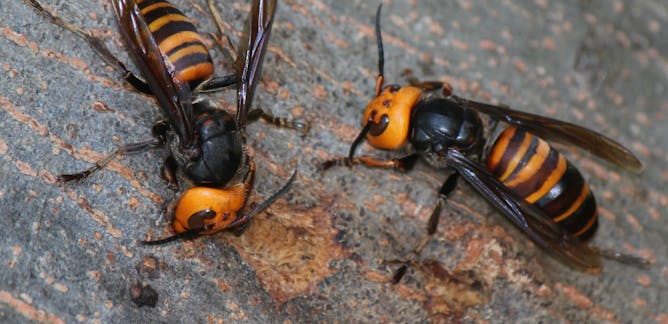
Akito Y Kawahara, University of Florida
Are 'murder hornets' from Asia invading North America? A Japanese entomologist who's been stung by one and lived to tell the tale explains what's true about these predatory insects.
| |
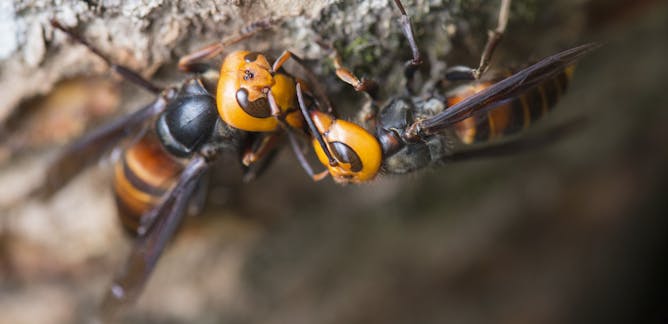
Spencer K. Monckton, York University, Canada
Asian giant hornets have received plenty of media attention recently. The only tangible threat they pose is to honey bees, which has nothing to do with the hornets — and everything to do with us.
|
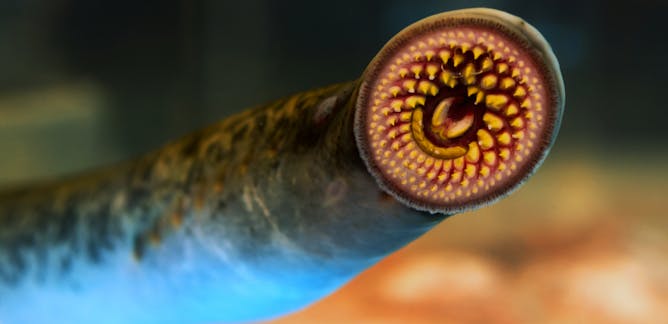
Oana Birceanu, McMaster University
When sea lampreys gained a foothold in the Great Lakes in the 1950s, these trout-sucking predators upended the ecosystem.
| |
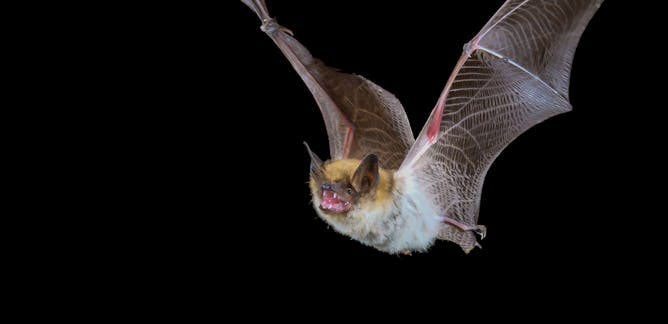
Livia O. Loureiro, University of Toronto
Bats get a lot of negative press, but they also make positive contributions to the environment and to our lives.
|
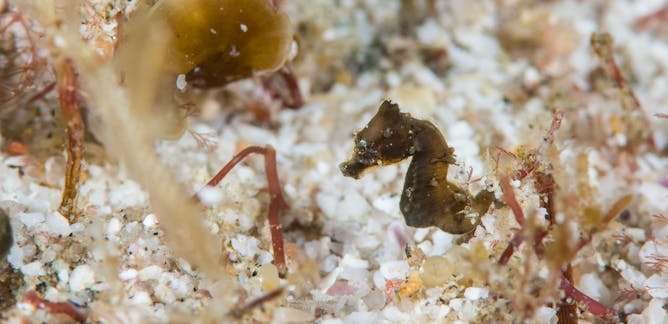
Maarten De Brauwer, University of Leeds; David Harasti, Southern Cross University; Graham Short, Australian Museum; Louw Claassens, Rhodes University
South Africa is home to four other seahorse species, but this was the first time a pygmy seahorse had been observed in South Africa, let alone Africa.
| |
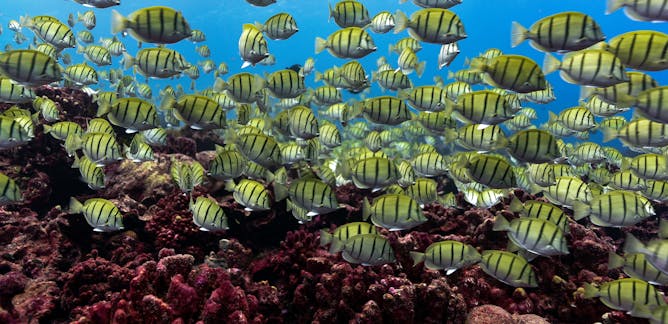
Jennifer M.T. Magel, University of Victoria; Julia K. Baum, University of Victoria
Reef fish vanish during marine heatwaves, but may bounce back quickly on reefs that have few other environmental stressors.
|
|
|